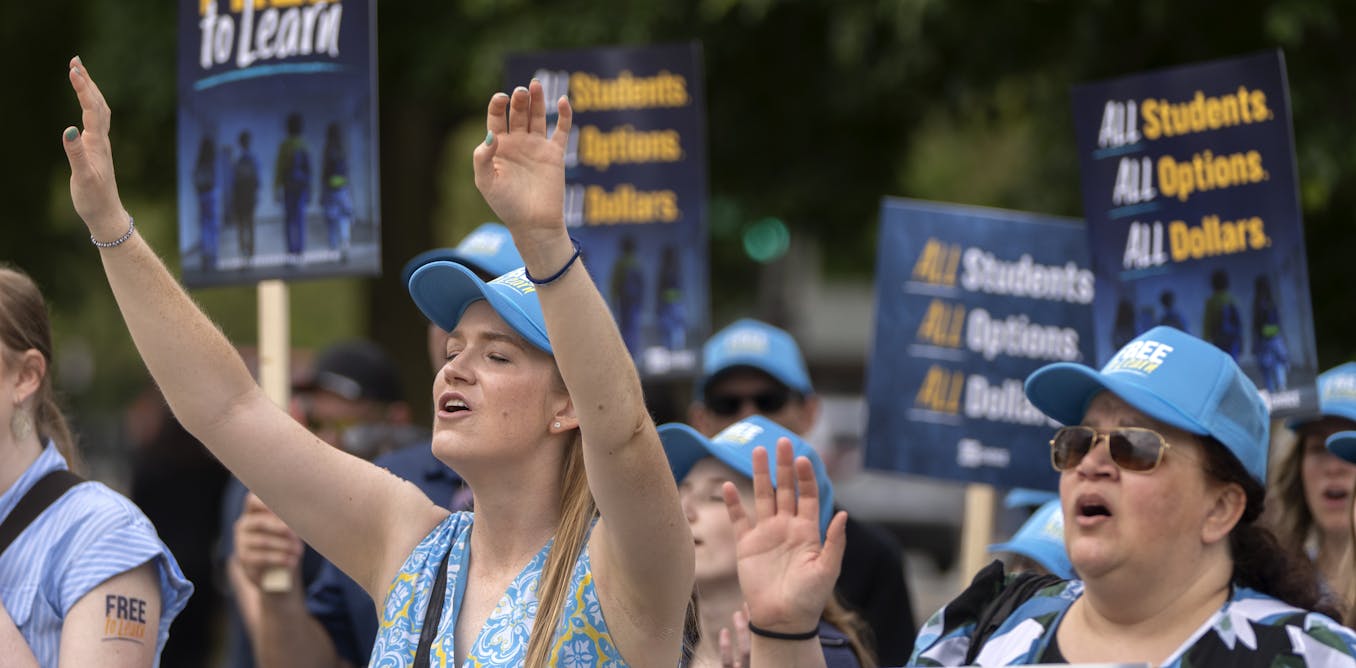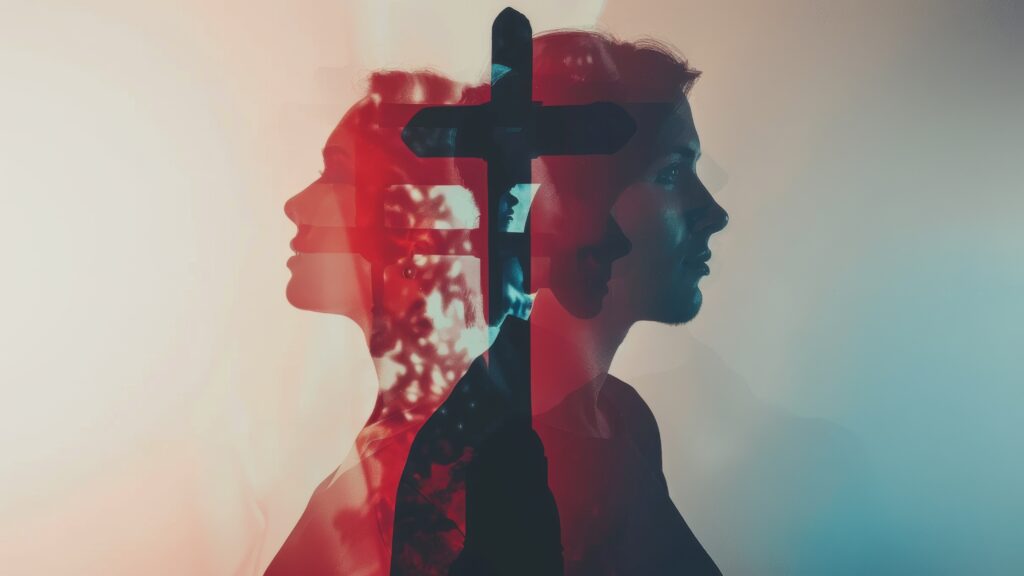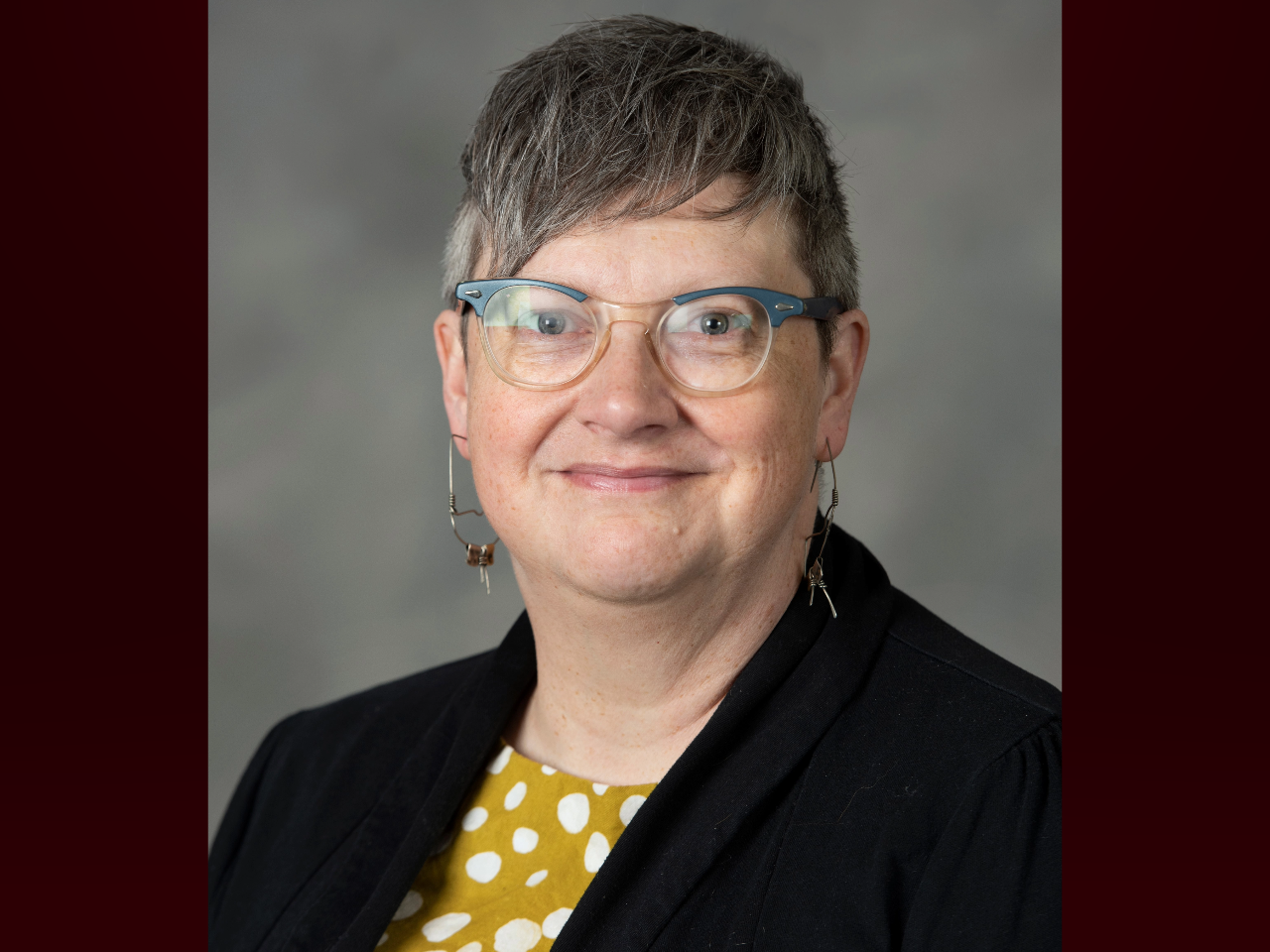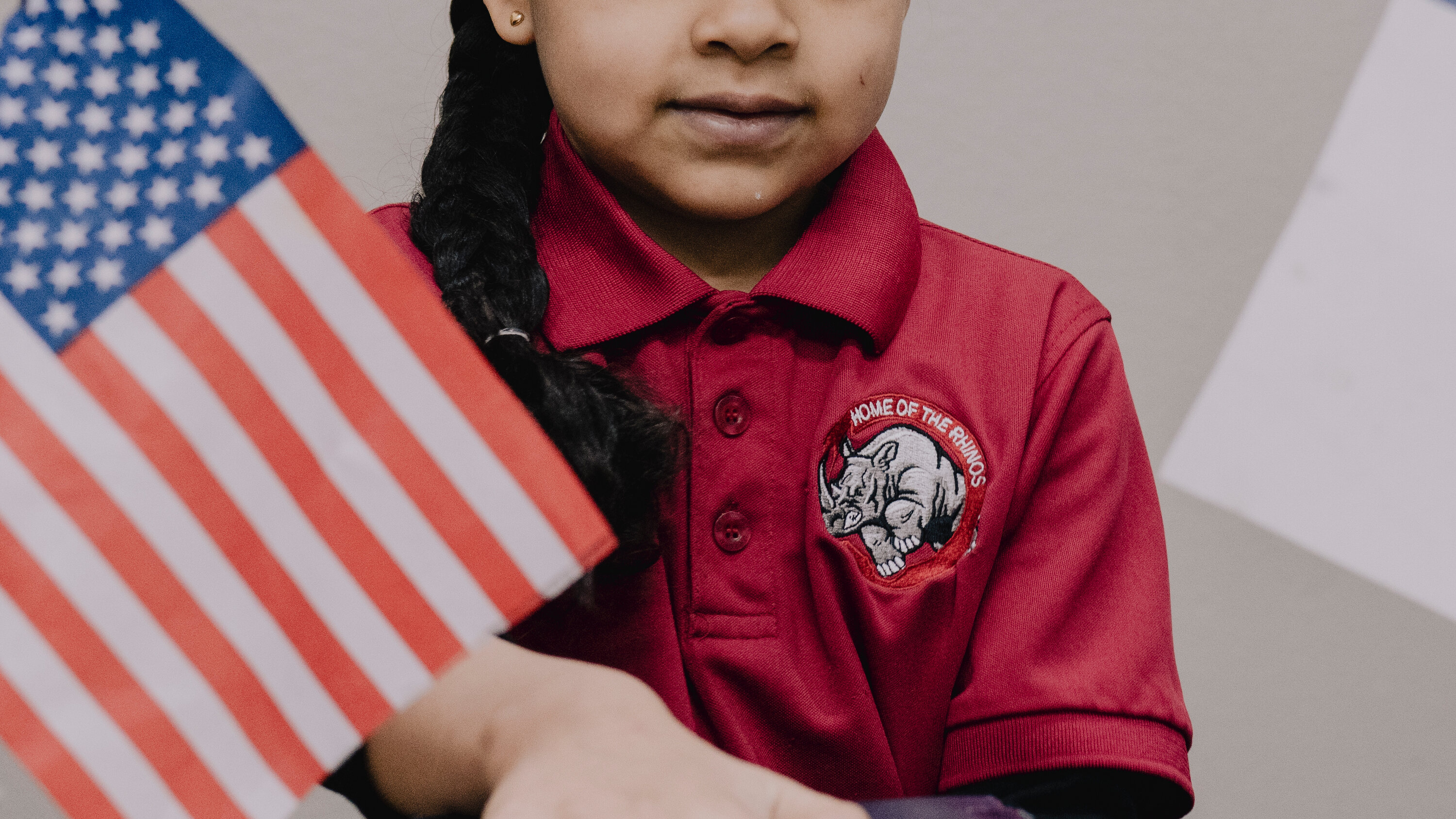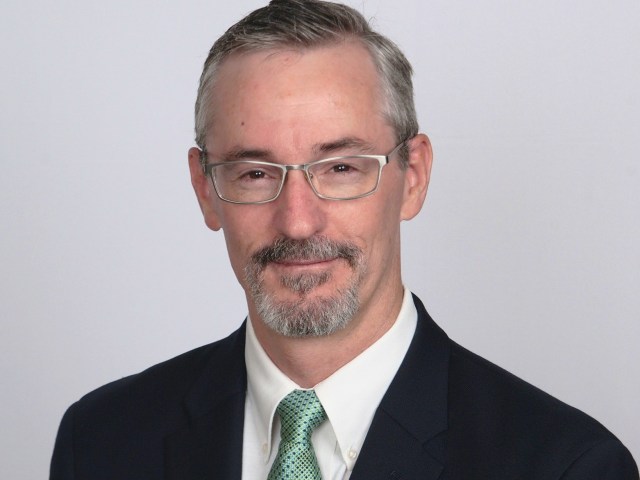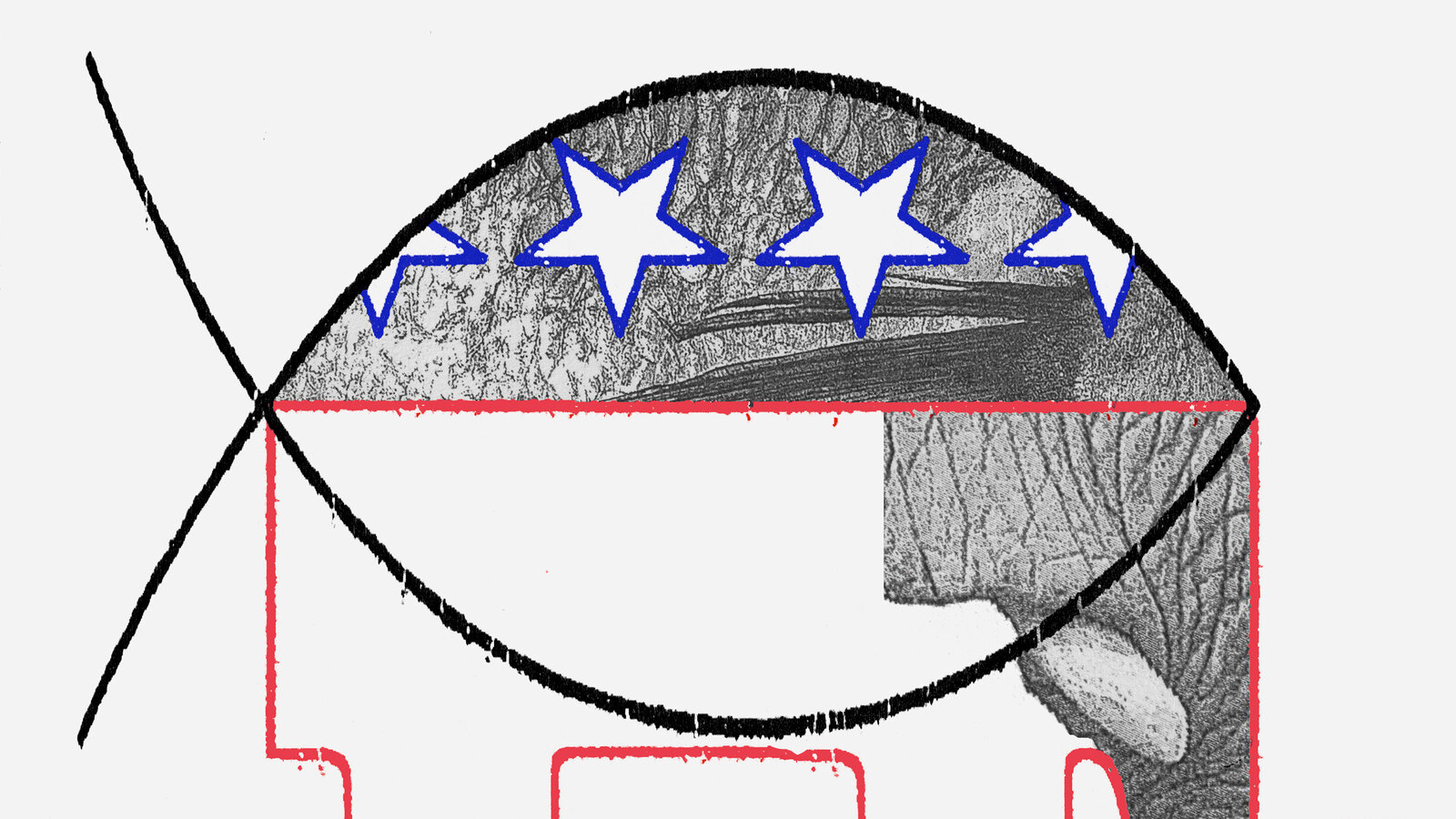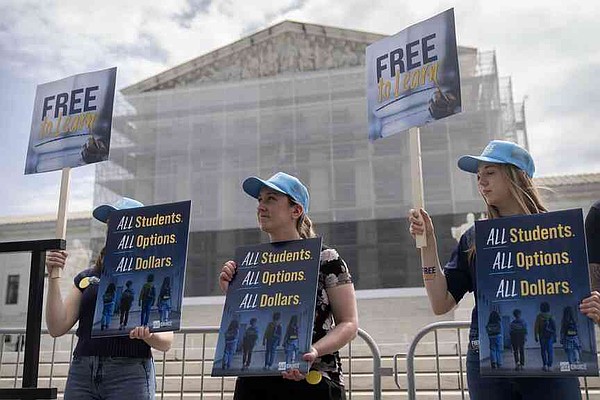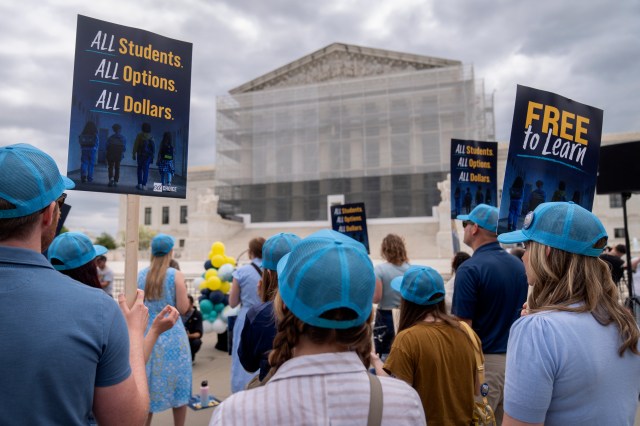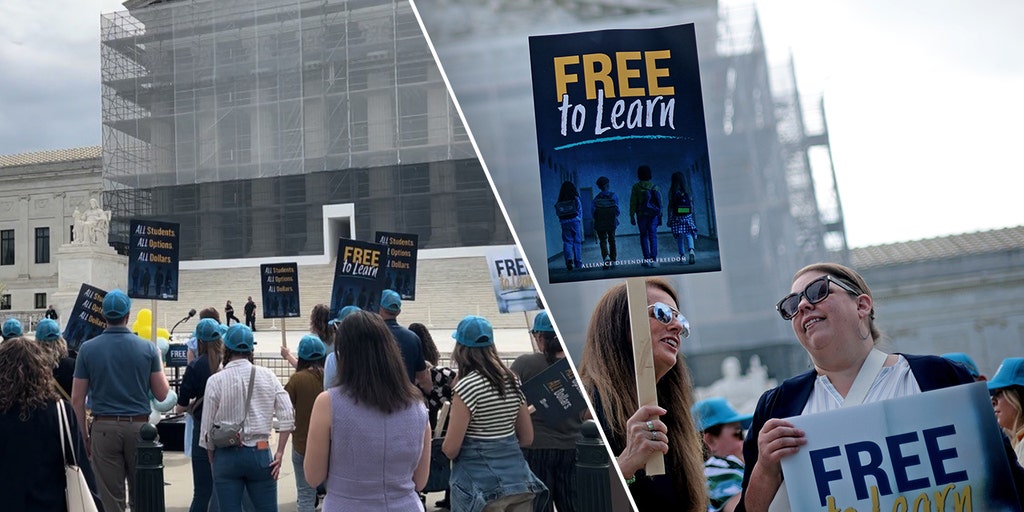
Faith vs. Education: Parents Rally Against Supreme Court's Charter School Divide
In a pivotal moment for education policy, school choice proponents gathered with heightened anticipation as the Supreme Court deliberated over the St. Isidore case, which could potentially revolutionize how public funds interact with religious education. The landmark hearing centers on a groundbreaking proposal that would allow religious charter schools to receive public funding, a move that has ignited passionate debates about the delicate balance between church and state. Advocates argue that this could expand educational opportunities for students, particularly in underserved communities, while critics warn of potential constitutional complications. At the heart of the discussion is a fundamental question: Can taxpayer dollars legally support schools with explicit religious affiliations? The St. Isidore case represents a critical test of existing educational and constitutional boundaries, with potentially far-reaching implications for school choice and religious freedom. Supporters of the proposal see it as a matter of equal access and parental choice, arguing that religious schools should not be discriminated against in public funding scenarios. Opponents, however, emphasize the constitutional principle of separating church and state, expressing concerns about potential erosion of this fundamental democratic safeguard. As the Supreme Court weighs the arguments, education policy experts, legal scholars, and community leaders are watching closely, understanding that the outcome could dramatically reshape the landscape of American education and religious liberty.

